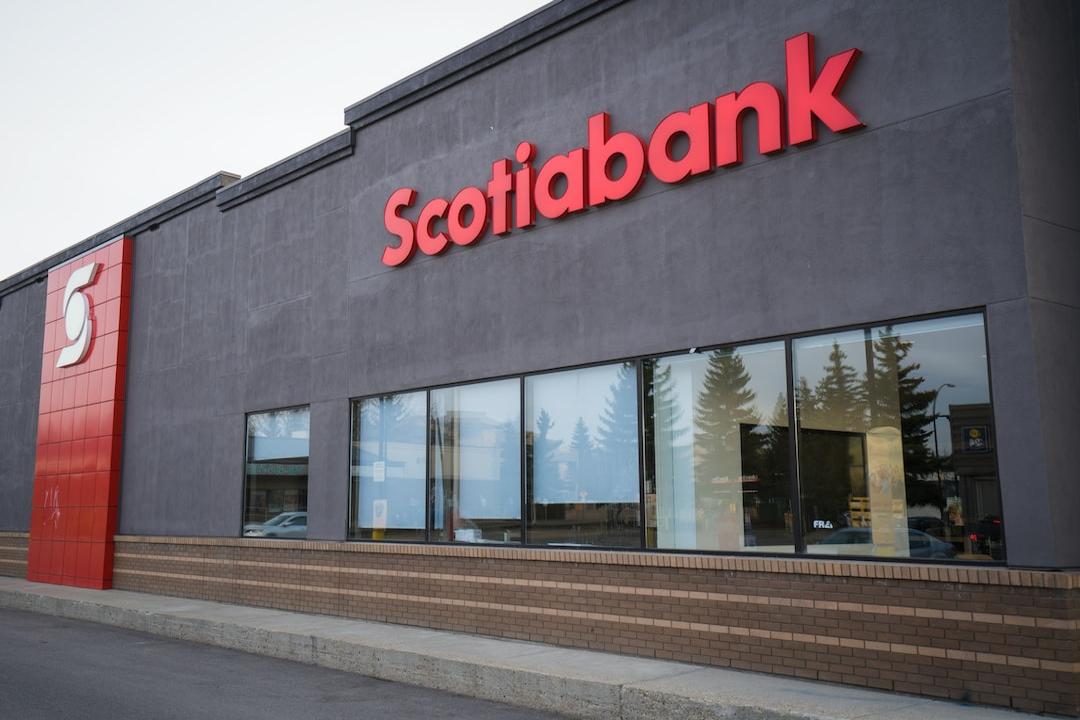Disclaimer: The opinions expressed in this article are the author’s own and do not reflect the views of the editorial team at crypto.news.
The ongoing cost-of-living crisis has extended beyond initial expectations, with individuals facing rising costs while their wages struggle to keep up. In such challenging times, people are finding innovative ways to generate additional income.
One popular method is through platforms like Airbnb, which have provided a means for individuals to earn extra money by renting out their homes or spare rooms. Founded in the aftermath of the 2008 financial crisis, Airbnb has experienced significant growth, operating in over 100,000 cities worldwide and hosting millions of guests annually. However, the success of Airbnb has also presented challenges for many cities in effectively regulating the short-term rental sector.
To address concerns such as the displacement of long-term rental housing and maintaining residential integrity, various cities have implemented regulations. For instance, Dallas has restricted vacation properties in certain residential neighborhoods, while San Francisco and Seattle have imposed limits on the number of properties a host can manage. Some cities have also set restrictions on the number of nights a property can be rented out annually, while others, like New York and Tokyo, require hosts to live in the rental property.
Despite regulatory hurdles, the flexibility provided by platforms like Airbnb continues to appeal to real estate owners. Hosting on such platforms offers the potential for supplemental income without the long-term commitment of rental agreements. In 2022, hosts in the U.S. collectively earned $22 billion by welcoming travelers into their properties.
As regulations on Airbnb tighten, investors may explore alternative investment opportunities. Tokenized real-world assets (RWAs) have emerged as a transformative force, attracting the attention of traditional institutional players. Tokenizing real estate, in particular, has opened up new investment opportunities, reshaping the way people interact with digital assets.
One example of this innovation is FreeBnk, a fintech app that aims to bridge web2 and web3 banking on a single platform. By allowing users to invest in fractional RWAs, FreeBnk enables retail investors to access a range of properties with smaller capital commitments, reducing traditional barriers to real estate investing.
Instead of spending money on consumer goods, FreeBnk offers users the chance to invest in properties. Similar to Airbnb, users can evaluate investment properties based on their financial goals and invest in fractional ownership. FreeBnk handles the management of the properties, including collecting rent and depositing earnings directly into the user’s account.
By making real estate more accessible, a wider range of investors can diversify their portfolios. As the real estate market expands, investors from diverse backgrounds can benefit from the long-term appreciation of tangible assets. RWAs create an inclusive market where financial growth is shared among many participants, fostering economic prosperity for all.

